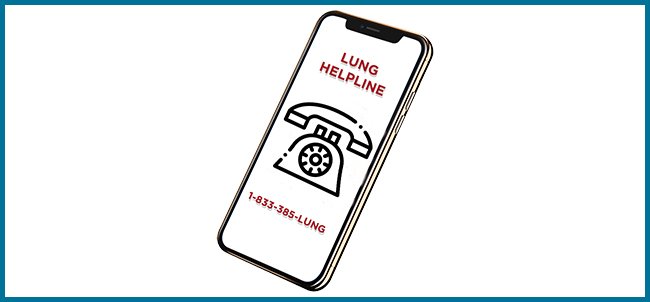Treatment
Flu symptoms can be treated.
Rest! Stay home and in bed to allow your body to recover and to prevent spreading the flu to other people. Get lots of sleep.
Drink plenty of water.
Treat flu symptoms with over-the-counter medications. You can take acetaminophen (Tylenol), ibuprofen (Advil), or another fever reducer/painkiller to get relief from headache, fever, and muscle aches. Children and teens should not take aspirin (ASA or acetylsalicylic acid). Ask your doctor or pharmacist which medication is right for you.
In some cases, doctors may prescribe antiviral medications for people with the flu. There are pros and cons to this; your doctor will decide whether antivirals are right for you.
Watch for Signs of Severe Flu Symptoms
Contact your doctor if you are not improving. If you have flu symptoms and are at risk of serious outcomes, see your doctor right away.
Seek help if you are experiencing any warning signs of severe flu:
- Difficulty breathing
- Chest pain
- Prolonged fever
- Cannot eat or drink
- Ongoing dizziness
- Seizures
- Worsening of existing medical conditions
- Severe weakness or muscle pain
- Blue lips
- Dehydration (not drinking enough or can’t pee)
- Your symptoms improve but then come back or your cough is worse and you have a fever
What Should I Do If I Have Asthma or COPD?
If you have asthma, follow the advice in your asthma action plan or your child’s asthma action plan. If you have COPD, follow the advice in your COPD action plan. You may have to take extra medicine to control your symptoms. If you do not have an action plan, work with your doctor to create one.
If your symptoms are out of control or you don't know how to treat your asthma or COPD, see your doctor.
Watch for warning signs of severe flu as listed above. If you have these warning signs, get emergency help right away. Call your doctor if you are not improving after a few days.
If it's hard to breathe or your rescue medicine isn't working, call 911 or your local emergency number.





